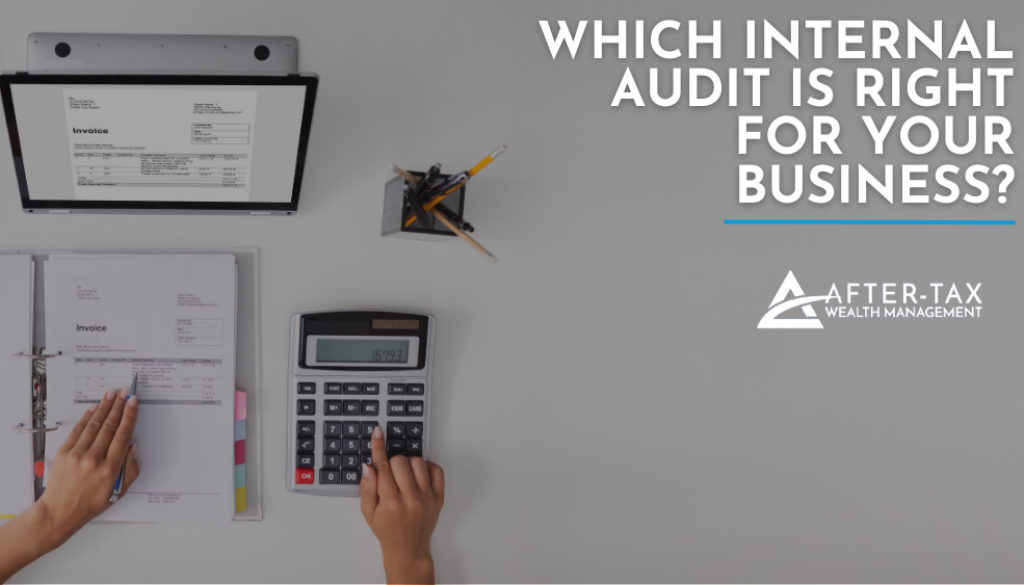Which Internal Audit is Best for Your Business?
Internal audits create a strong foundation for your company’s success
Internal audits play a crucial role in the proper functioning and success of a business. They are an essential component of a company’s risk management process and provide management with valuable insights into the effectiveness of their operations.
What is An Internal Audit?
An internal audit is an independent, objective assurance and consulting activity designed to add value and improve an organization’s operations. It evaluates a company’s internal controls, corporate governance, and accounting processes to ensure compliance with laws and regulations and maintain accurate, timely financial reporting and data collection.
Internal auditors are hired by companies and work on behalf of their management teams to provide them with the tools necessary to achieve operational efficiency by identifying problems and correcting lapses before they are discovered during an external audit.
Types of Internal Audits
There are several types of internal audits, each with a specific focus and purpose. Here are the main types of internal audits that business owners should be aware of:
1. Financial Audits. Financial audits focus on the accuracy and completeness of a company’s financial records, reports, and statements. They aim to ensure that financial transactions are recorded correctly, and financial statements are prepared in accordance with generally accepted accounting principles (GAAP) or other relevant accounting standards. This type of audit helps in detecting fraud, errors, and misstatements that may affect the company’s financial health.
2. Operational Audits. Operational audits examine the efficiency and effectiveness of a company’s operations, including the use of resources, adherence to company policies and procedures, and the achievement of organizational goals. These audits aim to identify areas of improvement in processes, systems, and controls and provide recommendations for enhancing productivity, reducing costs, and improving overall performance.
3. Compliance Audits. Compliance audits assess whether a company is adhering to the applicable laws, regulations, policies, and industry standards. These audits are essential for minimizing legal and regulatory risks and ensuring that the company operates within the boundaries set by various regulatory authorities. Compliance audits can cover a wide range of areas, such as labor laws, environmental regulations, and tax compliance.
4. Information Systems Audits. Information systems audits evaluate the reliability, integrity, and security of a company’s information technology (IT) systems, infrastructure, and data. These audits help to identify vulnerabilities, assess risks, and ensure that the company’s IT systems are adequately protected against potential cyber threats, data breaches, and system failures.
5. Fraud and Investigative Audits. Fraud and investigative audits focus on detecting and preventing fraudulent activities within an organization. These audits may be triggered by suspicious activities, whistleblowers, or routine analysis of company data. Auditors in this area specialize in identifying the signs of fraud, investigating the circumstances, and recommending actions to prevent recurrence.
Your Business Matters
Internal audits are vital for businesses, as they help ensure compliance with laws and regulations, maintain accurate financial reporting, and improve operational efficiency.
As a business owner, by conducting regular internal audits, you can proactively address potential issues and create a strong foundation for your company’s continued success.
Important Disclosures
The opinions voiced in this material are for general information only and are not intended to provide specific advice or recommendations for any individual.
This information is not intended to be a substitute for specific individualized tax or legal advice. We suggest that you discuss your specific situation with a qualified tax or legal advisor.
This article was prepared by FMeX.
LPL Tracking #1-05370931




